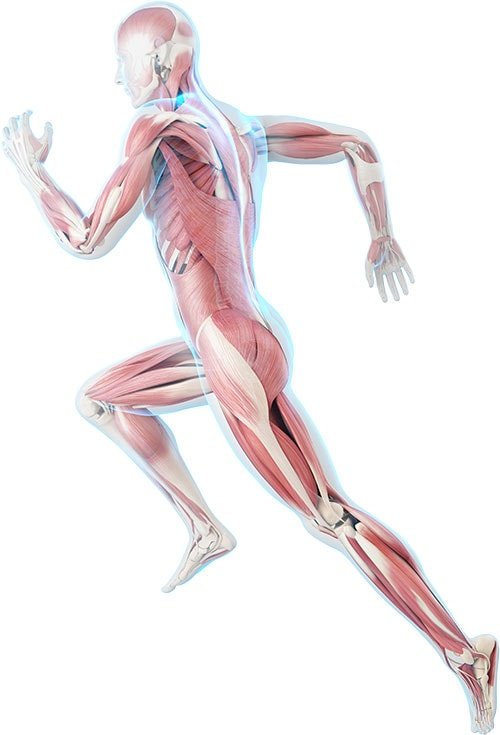Prolotherapy, also called proliferation therapy, is probably the oldest tool in the regenerative medicine toolkit. It is an injection-based treatment used in chronic musculoskeletal conditions, which include injury and damage to muscle, tendons, ligaments, joints.
Prolotherapy is a procedure where solution is injected into the soft tissue of an injured joint. The solution is a natural irritant. The injected irritant sparks the body’s innate healing process by increasing inflammation.
The increased inflammation sends a signal to the body’s inflammatory-fighting centers to send increased volume of healing cells, platelets and specialized proteins, to the area. These cells stimulate repair and growth.
Examples of the “irritant” include sugar (dextrose or glucose) alone or in combination with glycerin and phenol or sodium morrhuate (a purified derivative of cod liver oil).
During prolotherapy treatments, the injection is typically accompanied by a local anesthetic (lidocaine, procaine, or marcaine).
Prolotherapy involves a series of injections, with an average 4 to 10. The number of injections depends on the condition of the joint damage. The series of injections may span 3 to 6 months in intervals of 2 to 3 weeks.
Prolotherapy is typically used for joints and ligaments, and may be used in the back in an attempt to help tighten the supporting structures of the spine. However, it has been used in the treatment of acute ligament injuries, where the ligament has not ruptured but has suffered mechanical injury, typically seen in the ankle and the knee.
Who is best served by prolotherapy?
Prolotherapy is most effective on strained ligaments and joint laxity, as the general consensus is that it may help tighten up surrounding tissues and supporting structures that cause joint laxity.



